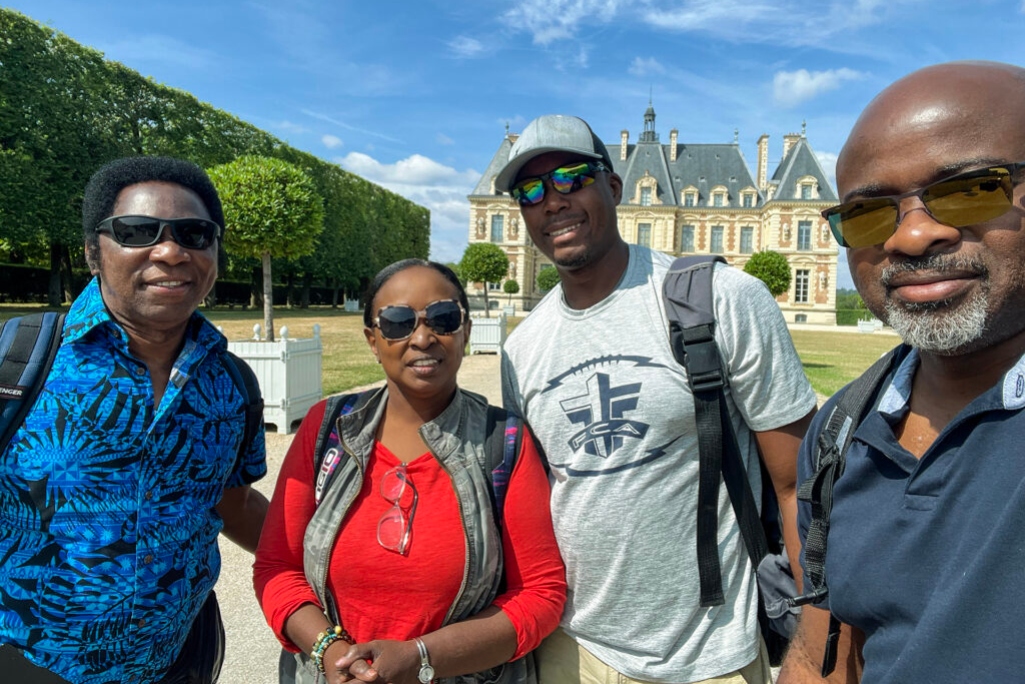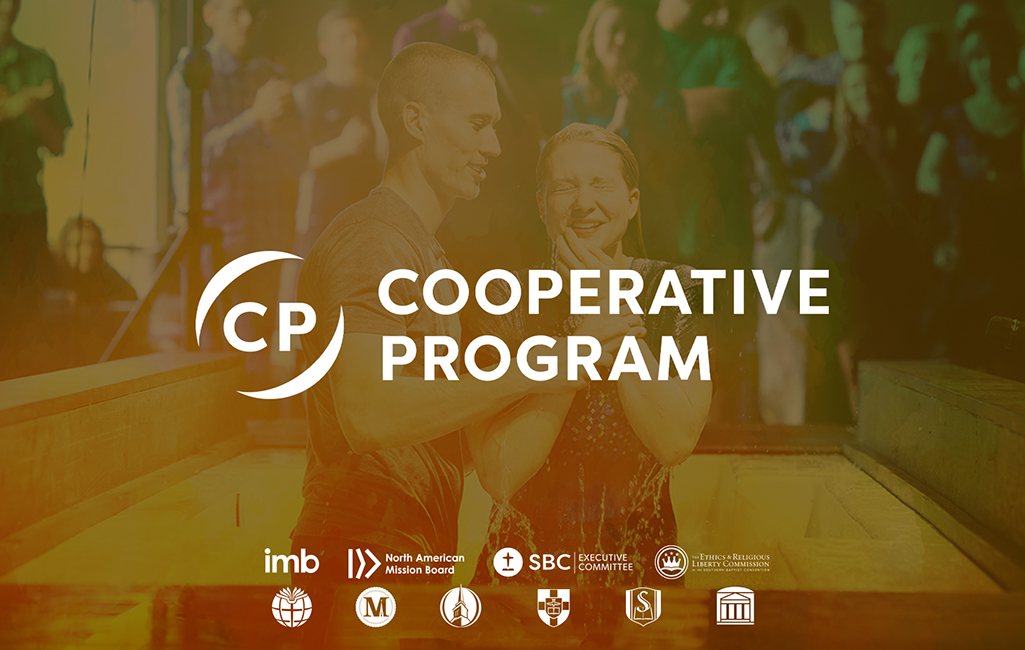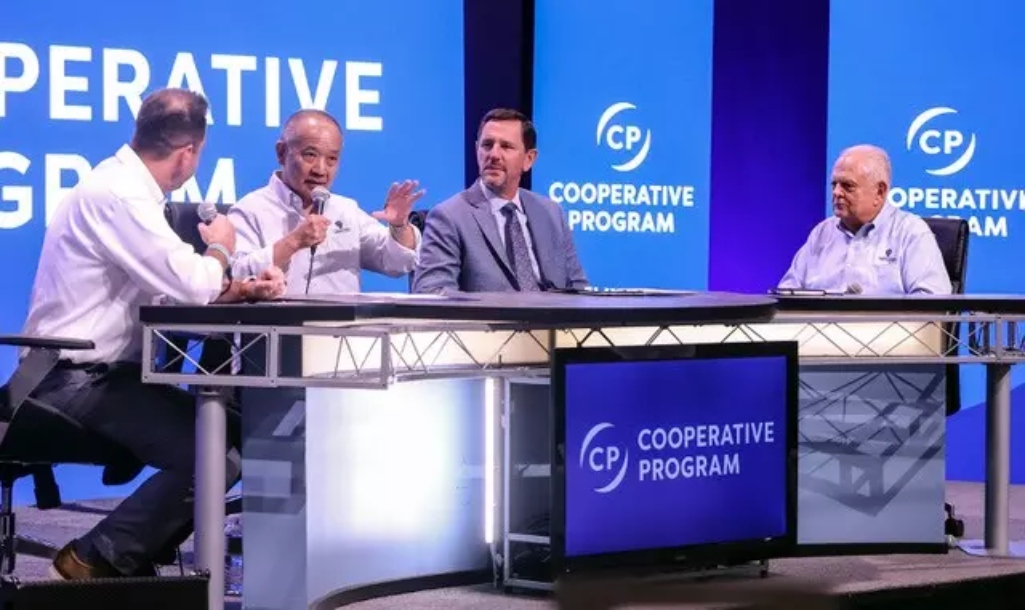
Haitian American Southern Baptist churches are using this language and culture skills to reach the nations with the Gospel. Members from Bethel Evangelical Baptist Church in Miami participate in a broad Gospel seed sowing project in Paris.
The prayer team walked quietly through an affluent Paris shopping district. They prayed for workers in the high-end shops advertising joy through retail therapy. The team kept walking past the famous French cafés and into an upscale neighborhood.
Keny Felix felt a heaviness as he prayed for families in the homes they passed. The affluent neighborhood stood in stark contrast to the sugar cane fields lined with migrant shacks he walked the week before in Dominican Republic. Yet, he’d felt the same heaviness there.
“Both cities — whether no running water or glitzy lights — have the same deepest need,” the senior pastor of Bethel Evangelical Baptist Church and president of the Southern Baptist Convention National Haitian Fellowship realized. “People are [spiritually] lost and need to understand the love that God has for them. This is a spiritual fight — the very presence of light searching to repair the darkness.”
Haitian American Southern Baptist churches are on mission to create a greater evangelical presence among the nations. These 500-plus churches in the United States have always been missions-minded, but as Felix pointed out, most focused on Haiti where relatives lived. With Haiti’s political instability, many churches shifted their focus to other areas of the world where they can use their language skills.
John Voltaire, Haitian multi-cultural catalyst for the Florida Baptist Convention, pointed out most Haitian American young adults grow up speaking three languages – English, French and Spanish. This opens partnerships with International Mission Board missionaries in Europe, Africa and the Americas.
“Most people think Haitian churches just go to Haiti but it’s quickly becoming the opposite. The younger Haitians have a big worldview and are going across the globe on missions,” Voltaire said, noting one of the 350 Florida Haitian churches just returned from partnering with missionaries in Kenya while another group had been to Mexico. “The Gospel was taken to Haiti by missionaries. Now, Haitian pastors and churches look forward to being missionaries and taking the Gospel to those who do not know.”
In any given month, Felix said his church is somewhere partnering with International Mission Board missionaries, like on this recent trip to Paris. His team worked with Jason Harris, IMB missionary, and even helped translate for other short-term teams working the same broad Gospel seed-sowing campaign. The American volunteers from Florida, Alabama, North Carolina and South Carolina did everything from English clubs to homeless ministry to worship services in the park.
Harris said with Felix’s church members spread out among the other American volunteers, they were able to cover more ground because the Haitians could translate as well as engage in Gospel conversations. Partnering with English-speaking churches for mission trips is another avenue Felix sees his fellow Haitians using to increase their Gospel reach. He also envisions it being a way for two Southern Baptist churches to cooperate and extend the arm of missionaries among unreached people groups.
“There’s less of a cultural gap without a language barrier,” Harris said, noting he’s already making plans for the Floridians to do some leadership training with local believers on their next trip.
Felix’s team found a local Caribbean church made up of Haitians and others from French-speaking countries in the Caribbean. Harris said the connection between the two groups was instant.
Felix smiled thinking about this church and having worship services in a park. Passersby stopped to ask what they were doing, and the pastor easily slid into Gospel conversations. The diversity of people that passed by each day reinforced the church’s calling to reach the nations.
“The opportunity is ripe for Haitian churches to channel their missions engagement to other French-speaking groups around the world,” he said. “God has prepared us for such a time as this where we can use our culture and language skills to work in diverse communities. We are blessed to plug into a strong network like the IMB. We can reach the world for Christ together.”
(EDITOR’S NOTE – Sue Sprenkle writes for the IMB.)


